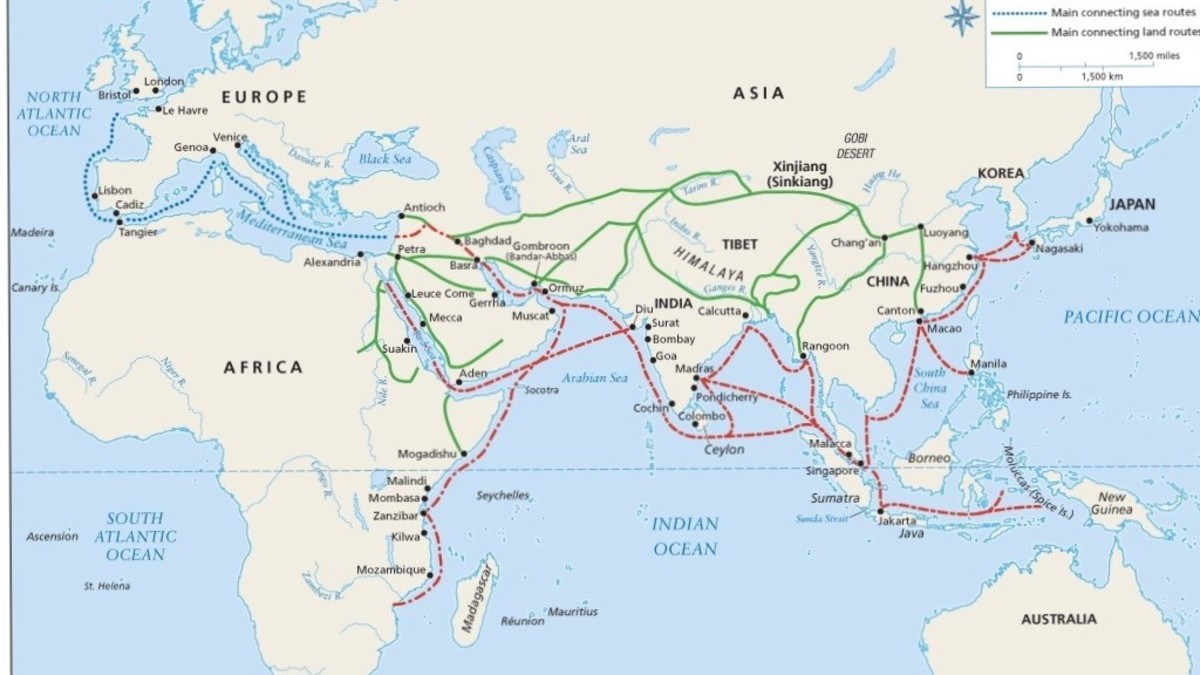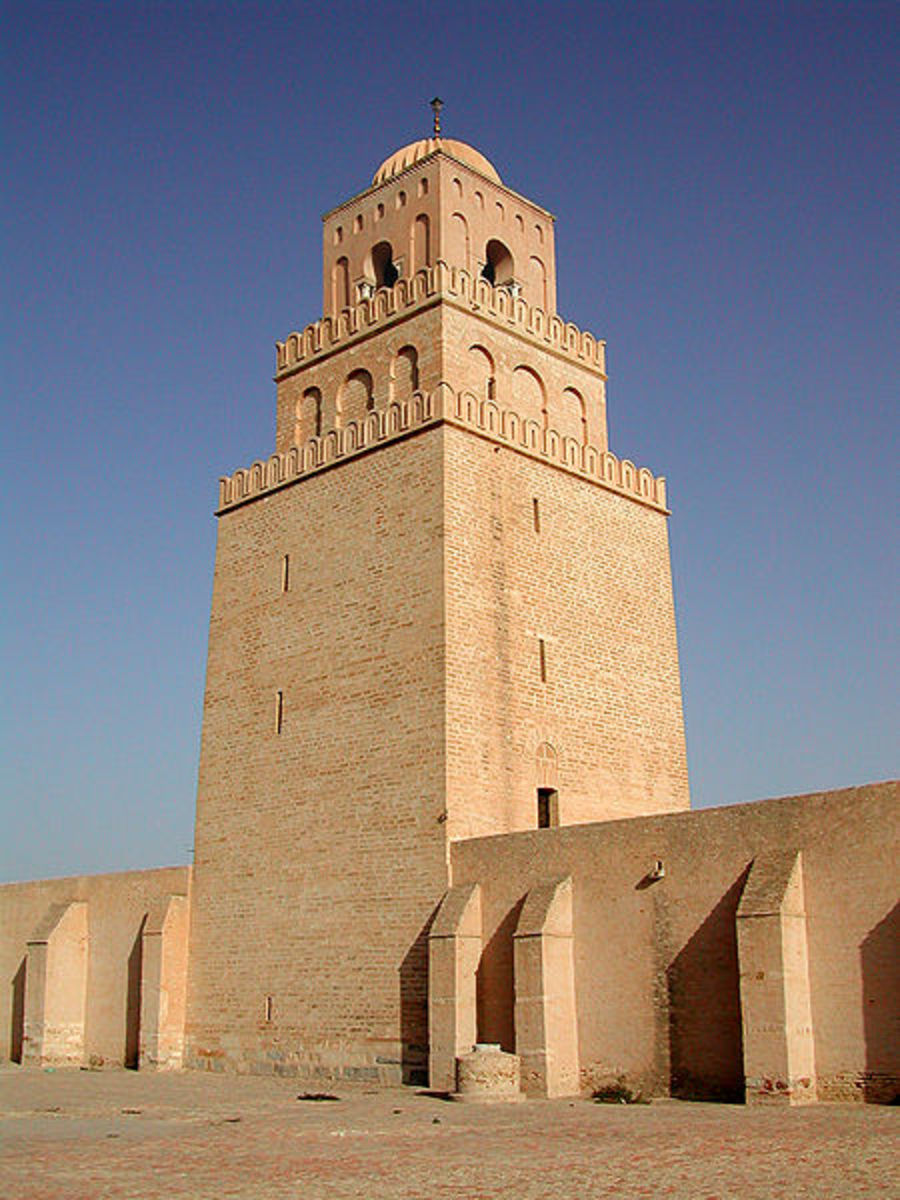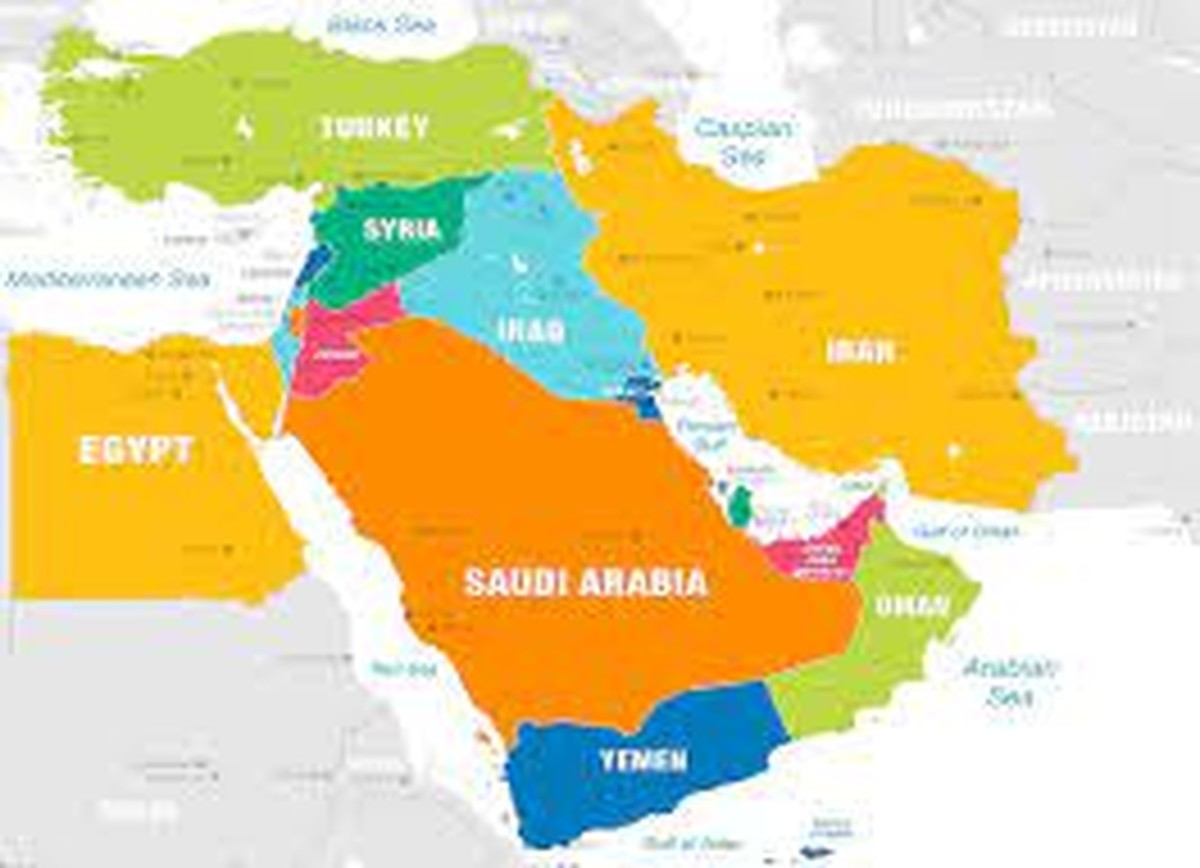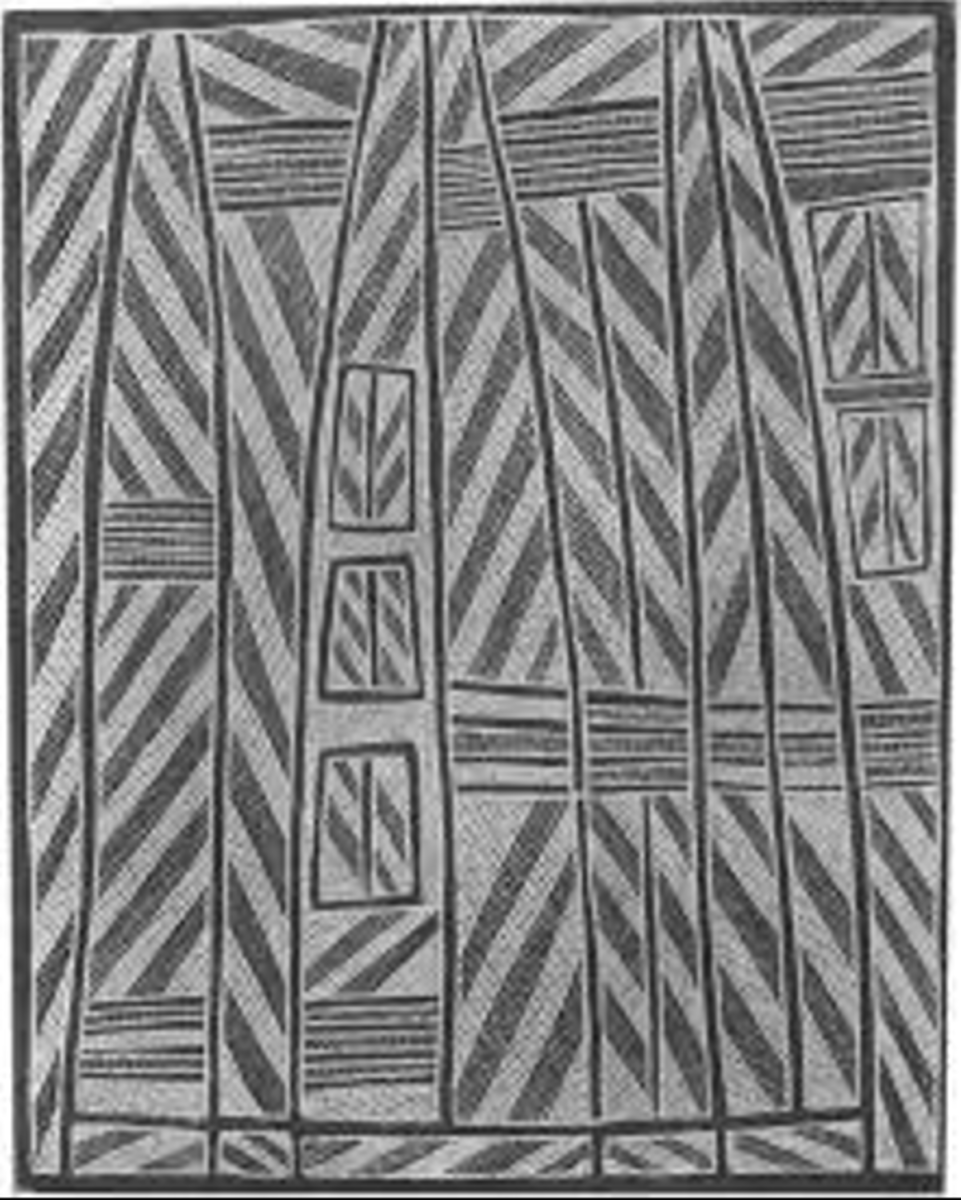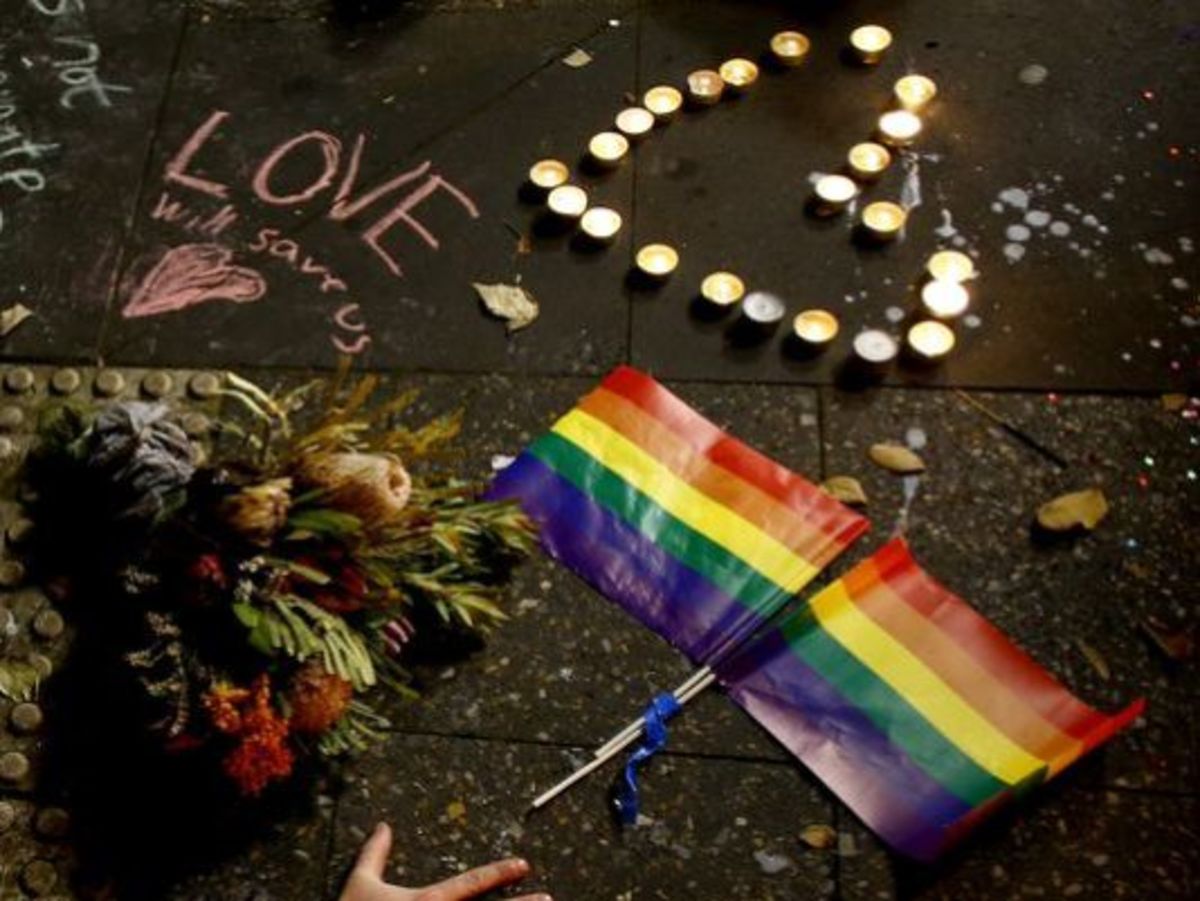Tribalism vs. Democracy: Why Diplomacy Hasn't Worked in the Middle East
The Scourge of Tribalism
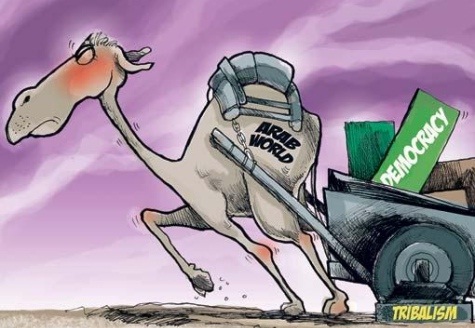
Nationalism vs. Tribalism
The attacks on the World Trade Center on September 11, 2001, focused the Western world’s attention on a widely unfamiliar and misunderstood region of the globe; Afghanistan, Pakistan, Iraq, and Iran, obscure nations steeped in tribalism and turmoil, suddenly became the center of international relations study and public opinion in general. The popular sentiment towards the Middle East and Central Asia was based on the perception that acts of terror stem from a deep-seated envy and hatred of freedom, a “Clash of Civilizations,” to quote author Samuel P. Huntington. Accordingly, President George W. Bush’s “War on Terror” and its “shock and awe” strategy introduced U.S. troops into this hot bed of conflict with the ostensible goal of modernizing the region and its people, of ‘nation building,’ and ‘winning hearts and minds’ as a means of ending terrorism once and for all. However, after over ten years, two presidencies, two ongoing wars, and countless foreign intervention by Western powers, terrorism has not decreased but spread worldwide. The philosophy that formed Western policy towards tribal societies was incomplete and faulty from the start; confusing tribalism with cultural nationalism and failing to properly scale the value placed on ethnic identity over statism in the world’s conflict zones has come at a high price for all involved – economically, socially, and politically. Where tribalism rules, democracy cannot. The contrasting ideologies of tribalism and democracy reveal why current Western policies have not affected change in the war-torn regions of the Middle East, Africa, and Central Asia; and why tribalism and its ensuing conflicts cannot be eradicated through diplomatic institutions, but at best can possibly be contained and subdued by a hegemony that replaces tribalism with a forced deference to nationalism, statism, and the common good of all citizens.
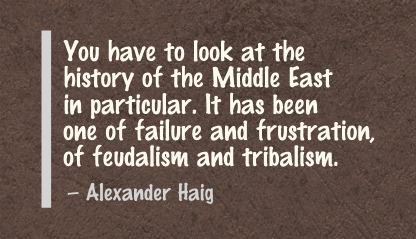
Identity and Societal Security
Historically, this has proven to be the case. After the demise of the Soviet Union and end of the Cold War, new, non-military concepts of state security emerged. Resource, environmental, and demographic concerns took center stage as the Soviet grip over highly fractionalized and resource-rich regions was loosed, unleashing a degree of ethnic conflict upon the world that had been successfully contained for nearly 70 years. Barry Buzan first introduced the concept of ‘societal security’ in his book, People, States and Fear (1991), adding societal conflict to military, political, economic, and environmental concerns as factors potentially affecting the domestic stability of nations in the post-Cold War era. Buzan’s ‘Copenhagen School’ referred to societal security as the “sustainable development of traditional patterns of language, culture, religious, and national identities…of states," but by 1993’s publication of Identity, Migration and the New Security Agenda in Europe (Wæver et al, 1993) it was clear that this neo-realist perspective couldn’t explain ethnic conflict within borders; unlike states, which focus on the survival of their own sovereignty, ethnic societies are concerned only with the survival of their own identities. The Copenhagen School then centered its theories on the way in which these sub-groups operated as units within the international system, indicating that societal security was contingent upon the security of ethnic groups within a state, especially when a state’s homogenization policies threaten domestic minority groups who possess strong identities and the physical ability to mobilize and violently resist.
The Role of Religion in Identity
Tribalism is the allegiance to a group based on ethnicity; ethnicity is defined as the common racial, religious, linguistic, and cultural traits of members within a group, as well as the group’s shared history. Although sociologists such as Bill McSweeney (1996) have criticized the Copenhagen School for failing to concede that, “Identity is not a fact of society; it is a process of negotiation…” and therefore mainly a social construct open to revision, Buzan and Wæver were quick to point out that ethnic identities are difficult to redefine once they have been constructed and entrenched within a group, especially when the group is using its ethnicity as a means of legitimizing its claims over land, resources, and the subsequent wealth that is derived from them. The most compelling ethnic identifier is religion, and it has been used repeatedly and successfully to legitimize ethnic conflicts around the world since the 9/11 attacks. The politicization of Islam has elevated the cause of jihadist groups in Africa, Central Asia, and the Middle East onto the world stage, disseminating their ideology and allowing them to garner support across state borders from individuals that share their religion as well as from individuals that were first introduced to the ‘Islamic cause’ by the stunning scale of the attacks on American soil. Due to the natural resources at stake, the potential for monetary gain, and the force of religion as an ethnic unifier, Islam has been used by a myriad of groups with differing agendas and from different regions of the world as justification for terrorist attacks even when the true motivation has not been one of religion or ethnicity per se, but simply, one of profit. Either way, religious dogma is strong in Islamic tribalism, and solidifying Islamic identity, whether genuine or fabricated, requires a type of anarchism that fully surrenders unquestioned authority to individual religious leaders, not to any notion of a government, a ‘state,’ or of universal principles.
How Commodities Shape Conflict
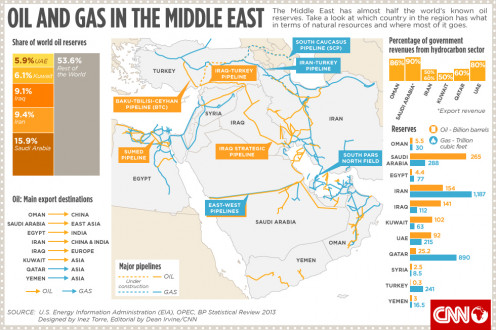
No Trust = No Democracy
The ‘Arab Spring’ in Egypt exposed the contradictions between democracy and the Middle East, when free elections would have meant rewriting Egyptian politics and replacing secular leadership with the newly elected Islamist Mohammed Morsi. Millions of Egyptians, alarmed at the thought of a member of the Muslim Brotherhood taking power, took to the streets demanding that Morsi be ousted from office; the military readily complied, undermining the very “democracy” that the protestors were ostensibly fighting to conserve. Considering the constant warfare throughout the Middle East between the Sunnis and the Shiites domestically within Syria, Iraq, and Bahrain; international hostility between Sunni Saudi Arabia and Shiite Iran; and the conflict with smaller tribes such as the Kurds, the reasons for Egypt’s rejection of an ethnic, Islamist leader are obvious. However, although Egypt is considered one of the two democracies in the Middle East (the other being Israel), it would not be considered a true democracy by Western standards; the censorship of journalists, the Internet, and even comedians within Egypt have been well documented and internationally criticized, negating the first precept of a free society – free speech.
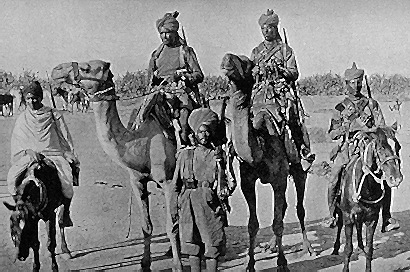
The History of Tribalism in Resource-Rich Territories
The tenets of tribalism were the ruling principles in the Middle East for millennia; to expect a ‘new’ concept such as democracy, no matter how appealing from the Western point of view, to take hold and supplant tribalism is to misunderstand the history of the region. Although Islamic empires such as the Umayyad, Abbasid, Fatimid, Ottoman, Safavid, and Qajar states were created by tribes in the Middle East, for longer periods of time large areas of the region weren’t under the control of any Islamic imperial authority, but were ruled by tribes and tribal leaders. It wasn’t until the mid-nineteenth century that tribal populations were incorporated into modern states in the Middle East and North Africa. This does not imply, however, that tribes and tribalism ceased to exist; on the contrary, tribes were either absorbed into new states as the ruling elite, or if not, they became the fierce opponents of said governments, seeking their own autonomy. The current political environment in the Middle East is a direct reflection of this history of tribalism, coupled with the brutal competition amongst these tribes for energy-rich territories. The same ‘Islamic’ scenario is being played out in Central Asia and Africa, two resource-rich regions that were colonized for generations and that reverted back to tribalism and ethnic conflict once freed from their colonizers. In the case of Africa, with its ethnic groups numbering in the thousands, tribal identity trumps any effort to establish political parties that compete on the basis of ideas and policy; African leaders, concerned first and foremost with self-preservation, repeatedly exploit tribal conflict, using religion and hate speech to incite violence in order to divide the population and further their own personal interests - to gain or maintain power over local resources. Tribal politics is considered a zero-sum game; there is no room for democracy, as was starkly demonstrated by the genocide in Rwanda and in the former Yugoslavia during the Yugoslav Wars, which pitted Bosnians, Croats, Serbs, Slovenes, Albanians, and Macedonians against each other in a bloody eight-year war. The result is a Central Asia wracked by ethnic and religious violence, where regimes consider democracy a threat to their existence, but where a few put up appearances to placate Western powers and encourage foreign investments in their energy-rich territories, as is the case in Kyrgyzstan, the only pseudo-democracy in the region.
The Incentivization of Identity
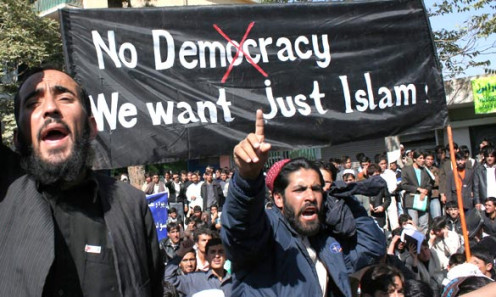
Tribalism: the Anti-Democracy
The rigidity of tribalism is in direct conflict with progress and democracy, concepts that require the modification and fluidity of ideas; debate; open discussion between individuals; and a focus on state identity and nationalism over group identity based on race, religion, and the perception of a single, infallible authority above all. As Hobbes lucidly pointed out, state identity requires cooperation between the many different groups within its society for the common good; by surrendering some of their own cultural distinctions, the needs of all groups are served within the state (Leviathan, 1651). Tribal identity demands only the cooperation of the members within its own ethnic group, and employs whatever means necessary to ensure it. To speak out against authority within a democratic state is to exercise free speech; to speak out against authority in a tribal nation is to lose access to vital resources, or worse. Therein lies the point of contention between democracy and tribalism. A state’s societal security is based on its society’s ability to persist in the face of changing conditions and threats, which in turn depends on the society’s ability to adapt to new circumstances; however, ethnic identity is, by definition, tethered to and identified by the past, by a shared historical perspective, by a shared historical culture. The survival of the ethnic identity is dependent upon maintaining culture as it has always been - language, religion, mores, and practices, as they have always existed; therefore, any new idea, perspective, practice, or value system, regardless of its validity, expediency, or benefit, has to be considered a threat and cause for conflict by ethnic groups. Contrary to popular belief, globalization – the introduction of Western culture and its philosophical, ideological, social, economic, and political principles – has not prevented conflict, as Thomas L. Friedman predicted in his ‘Golden Arches Theory of Conflict Prevention’ (1999). On the contrary, it is precisely this globalization and its perceived threat to identity that ethnic groups are fighting against, and which, paired with resource-rich territories, blurred borders, and the loss of a hegemony within their regions, is the catalyst for the spread of terrorism we see today. By its very nature, tribalism is immune to diplomacy because diplomacy lacks the ideological means to transform obstinate tribal societies into amenable, functioning democracies; this has never been more apparent than today. Considering the resources at stake, it may be time to reevaluate Western ‘nation building’ foreign policies, as it seems that only a hegemony able to enforce nationalism, statism, and the common good of all citizens can successfully contain tribalism, subdue ethnic violence, and secure the resources that we are all dependent upon.


